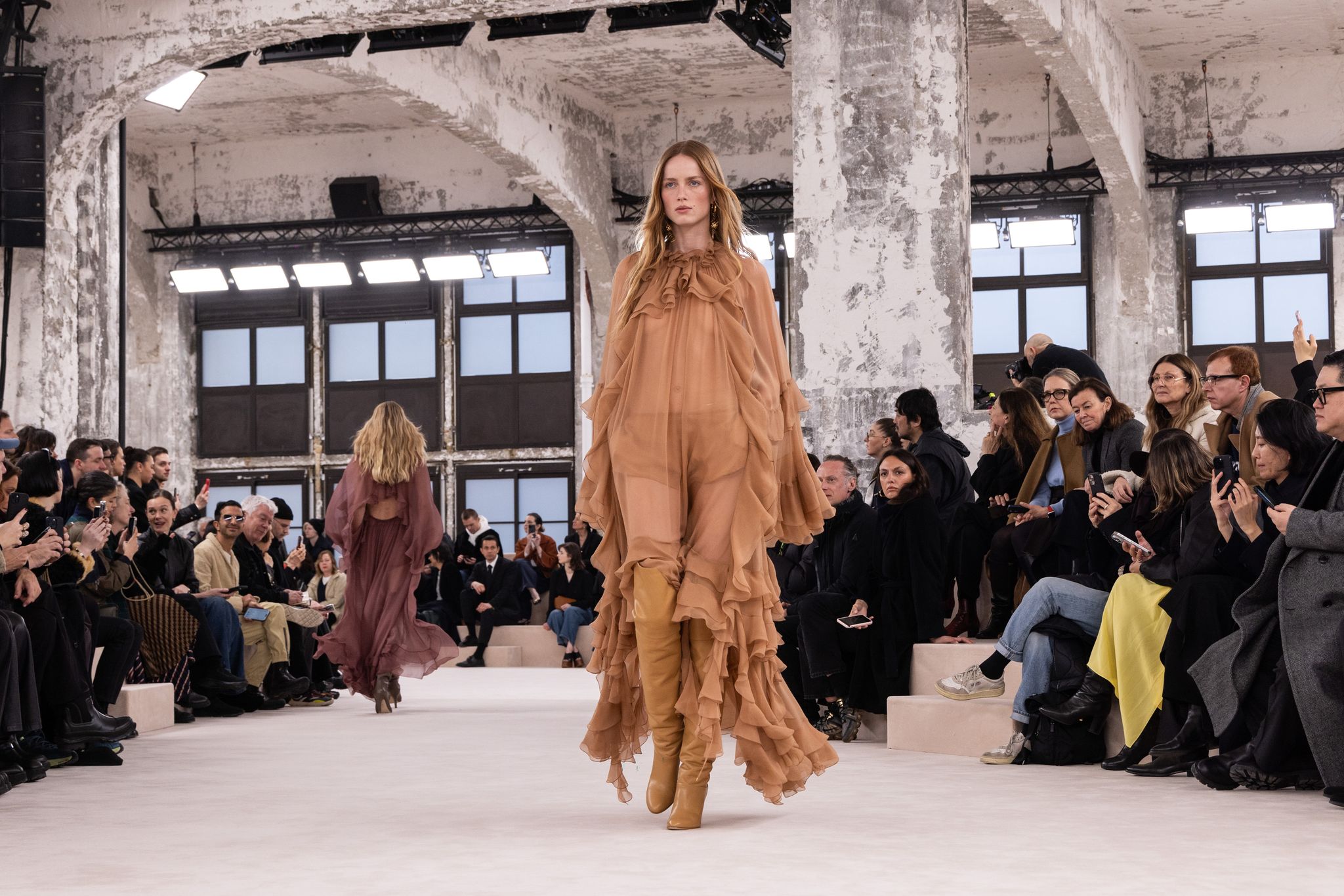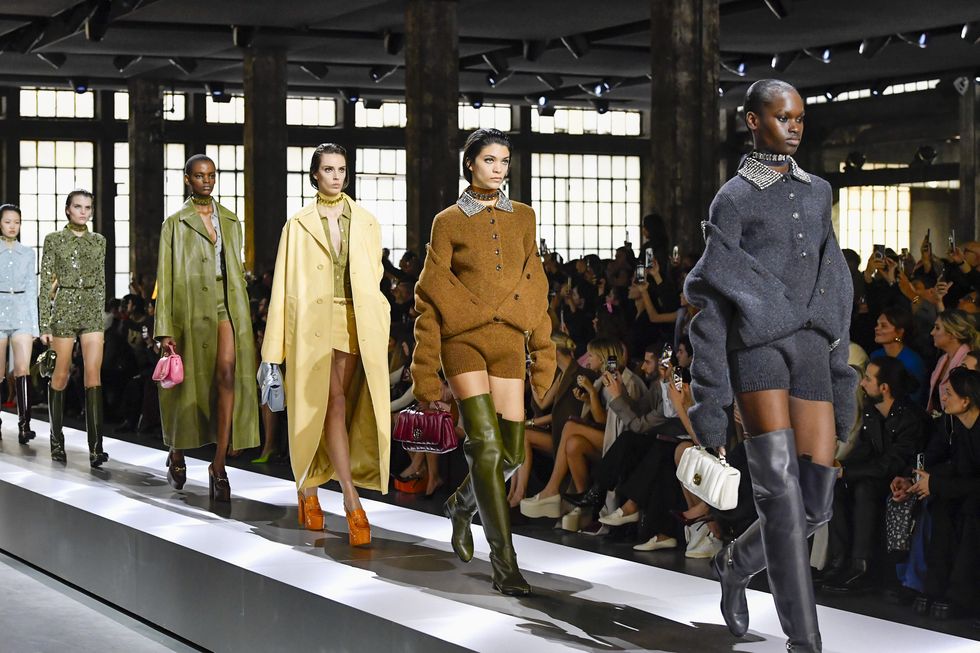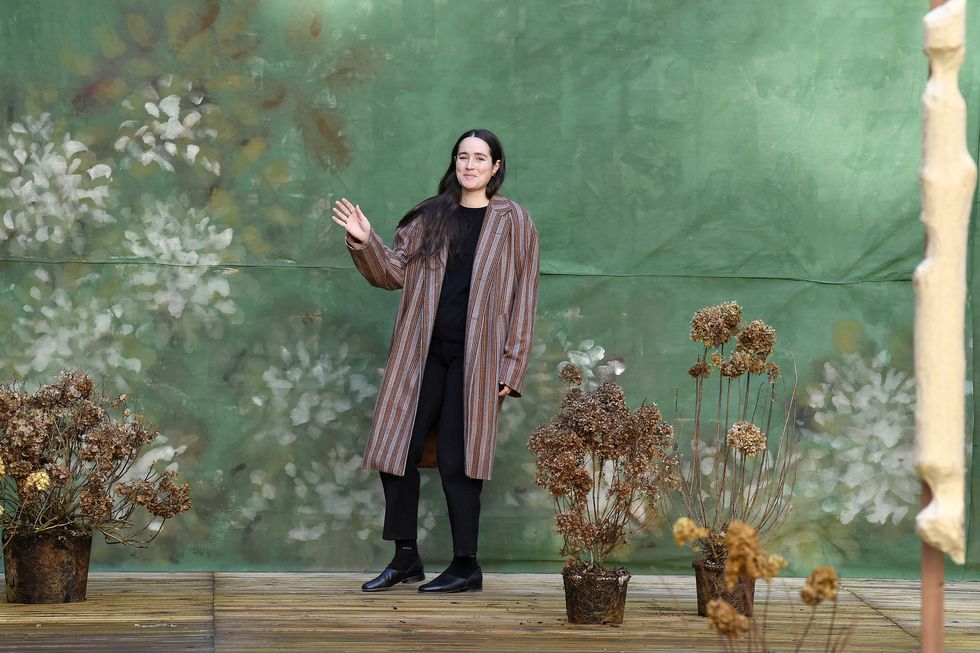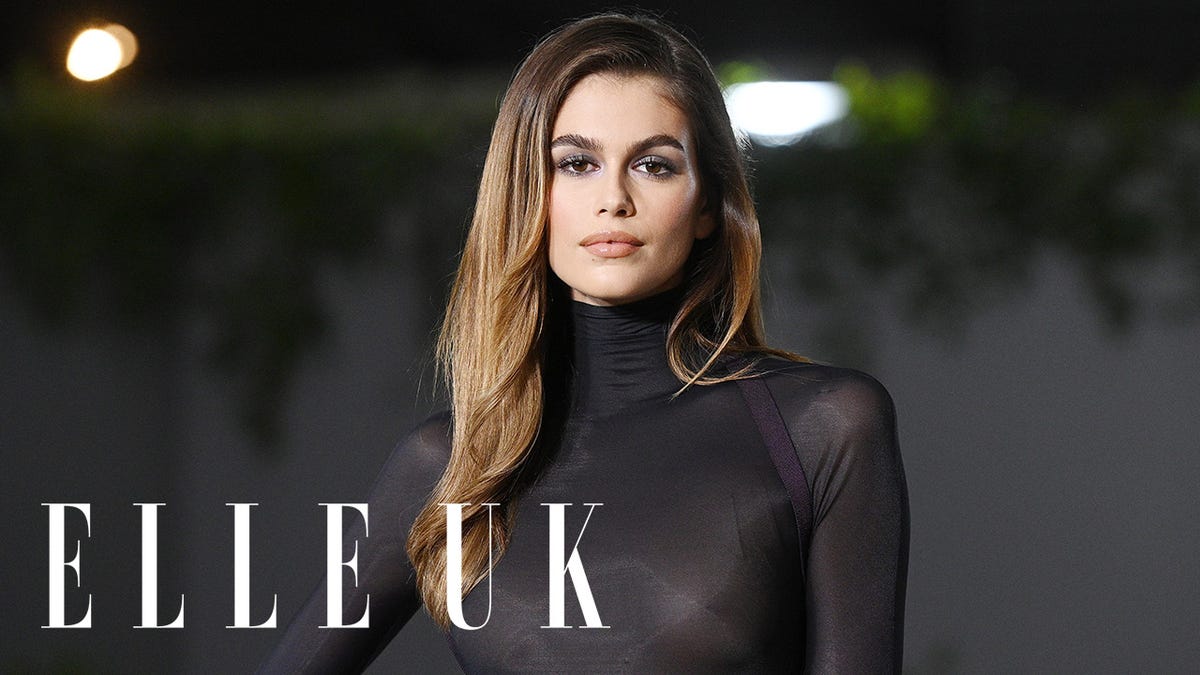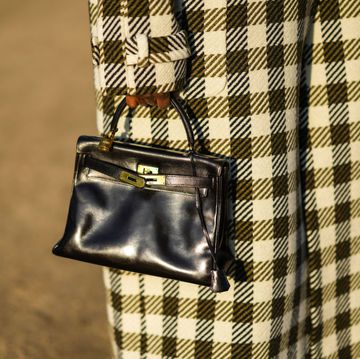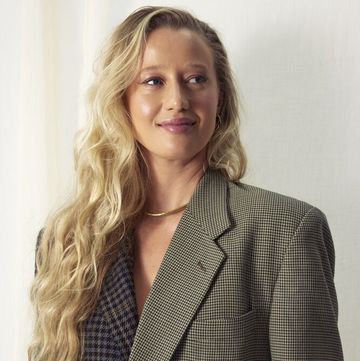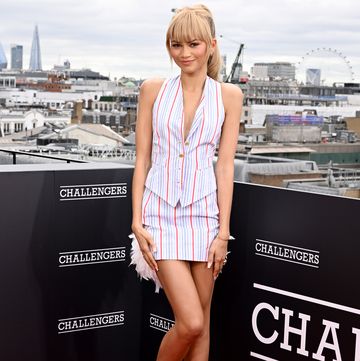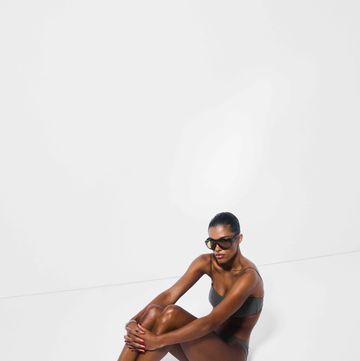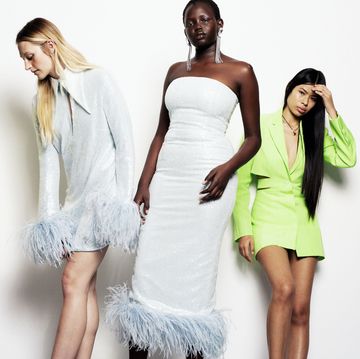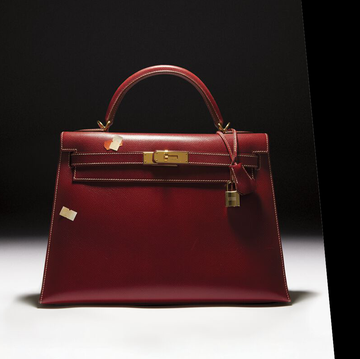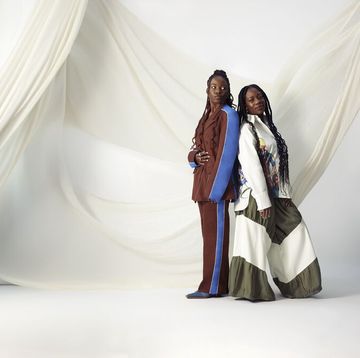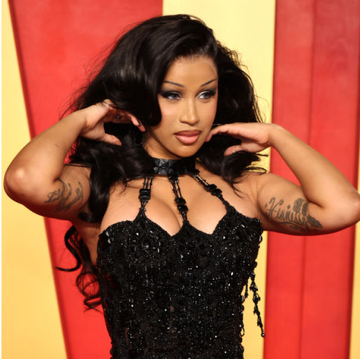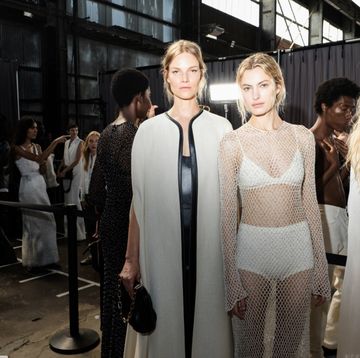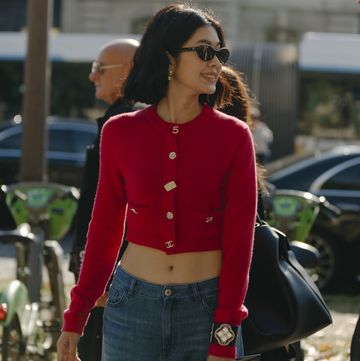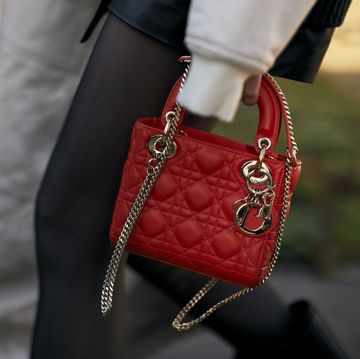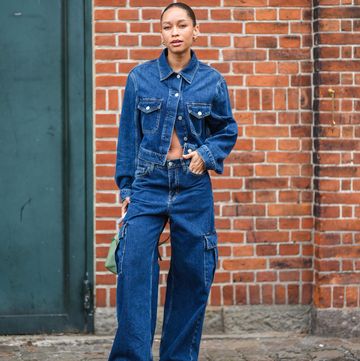Fashion brands on the long trek to increased sustainability are on a complicated journey.
While some brands and retailers have been working together to lower their environmental impact (with events like the Global Fashion Agenda helping to unify commitments to decarbonise and realign supply chains), high-profile legal cases accusing brands of greenwashing are on the rise and have resulted in industry–wide caution when sharing environmental efforts.
The fashion industry is rightly being held to higher account for its sustainability claims, but it's creating a backdrop of uncertainty and weariness, and so, Quiet Sustainability has emerged. After years of brands espousing their green benefits from the rooftops, the most exciting sartorial sustainability developments are now taking place at fashion houses and independent labels on the QT.
During Paris Fashion Week's SS22 schedule, now-departed creative director Gabriela Hearst showcased Chloé's collection on the banks of the Seine. Full of artisanal details and balmy hues the nouveau boho collection was warmly received by journalists and buyers alike. Fashion activists swooned over the collection, too, albeit for different reasons: of the 31 looks that walked the runway, 60% were made from low-impact materials. Moreover, the previous October, the French fashion house achieved B Corp status, an accreditation awarded to companies with a very high levels of environmental and social accountability.
FIND OUT MORE ON ELLE COLLECTIVE
As the first luxury maison to receive the certification, Chloé set a new bar for what could be achieved at a luxury level: committing to a long-term ethical, social and environmental mission company-wide. Amanda Nguyen, a respected social entrepreneur and civil rights activist, and Elisabeth Laville, founder of Utopies (France's first sustainable development strategy consultancy) were recruited to the brand's dedicated sustainability board. Chloé's governance mission, Women Forward For a Fairer Future, was enveloped in its corporate status, legally binding the fashion house to its commitments.
Looking at Hearst’s designs, you would never think they were at the cutting edge of sustainable fashion development. It was a quiet revolution.
And Chloé isn't the only brand doing good work on the 'DL'. Last September, at Teatro Alla Scala in Milan, Gucci made its own green mark by winning the Ellen MacArthur Foundation Award for Circular Economy at the CNMI Sustainable Fashion Awards. The Italian house had already been acknowledged in 2022 for its commitment to regenerative farming, but this award recognised its long-term ambitions toward circularity through its 'Denim Project'.
The collection, due to be released in 2024, combines 74% regeneratively grown cotton (a farming method that preserves long-term soil health) fibres with 26% post-consumer recycled (PCR) fibres collected and re-spun in Italy. Each item is durable, made to last, and can be recycled easily at the end of its life—all features that align with Gucci's longstanding commitment to creating the highest quality products.
Chloé and Gucci share a similar strategy for long-term reformation: investing in external expertise, collaborating with respected third-party certifications, and, in the meantime, letting desirable, expertly crafted clothing and accessories do the talking.
American fashion house Coach has taken a different approach. Its version of Quiet Sustainability comes via Coachtopia, a new initiative that uses its leather offcuts and waste materials to create new products. Instead of hard-launching its offering and leading with the collection's green credentials, the brand has focused on an accompanying web docu-series entitled The Road to Circularity, led by sustainable fashion activist Aditi Mayer.
'Coachtopia began with the inquiry of whether we can minimise the use of virgin raw materials in fashion,' says Mayer. 'It's been fascinating learning about how that quest translates to every part of the supply chain, from sorting and designing to quality control. It reveals how circularity isn't just a shift in operations; it also demands that brands and storytellers alike champion a new culture: one that rewrites how we view "waste".'
Industry stalwarts aren’t the only ones responsible for redirecting fashion's footprint. Bode, one of the most buzzed-about indie brands of the moment, has earned a loyal following for its Americana-inspired, one-of-a-kind pieces. Cut from 'waste' textiles (think antique fabrics and bed linens), each collection is tailor-made in New York and shipped to discerning followers worldwide.
Bode's Quiet Sustainability interpretation has been remarkably successful. Founder Emily Adams Bode firmly believes that making less stuff can help generate consistent lust. 'If you're over-producing clothes you can't sell, even if they're made from eco-friendly fabrics, then guess what? It's not sustainable,' she told ELLE.
It’s not just planetary initiatives that are taking hold. London-based start-up ALIGNE's purpose is people-driven. Behind its impeccably curated Instagram feed and cleanly styled lookbooks, ALIGNE has been collaborating with partners to ensure its impact has a far-reaching and positive effect. In support of Smart Works, a UK-based charity that dresses and coaches unemployed women for success at job interviews, the brand has donated collection proceeds and launched a donation bag to encourage customers to donate clothing to the cause.
The all-female Shoreditch-based team has also challenged itself to reimagine deadstock fabrics and champion repairs by partnering with SOJO, the UK's first clothing repairs and alterations app. 'I’m a big supporter of the Quiet Sustainability movement,' says Ginny Seymour, ALIGNE’s Managing Director. 'We don’t need recognition to drive these decisions. We just try to make the best choices and continue pushing ourselves to be and do better. It's a quiet decision to be the best version of us and put people, the planet, and our core values at the centre of decision-making.'
ALIGNE begins by considering its impact on people, an ethos that trickles down to every part of the business, Seymour says: 'We are constantly thinking about our community, from our team and factories to our supply chain and customers. To do better for them, we have to be aware of every choice we make. As for the industry's future, Seymour believes that fashion will eventually forgo the ‘S’ word altogether. 'We will never call ourselves a "sustainable brand"' she says. 'We aren’t perfect. It's not about preaching what you are doing. It's about doing it.'
ELLE Collective is a new community of fashion, beauty and culture lovers. For access to exclusive content, events, inspiring advice from our Editors and industry experts, as well the opportunity to meet designers, thought-leaders and stylists, become a member today HERE.
